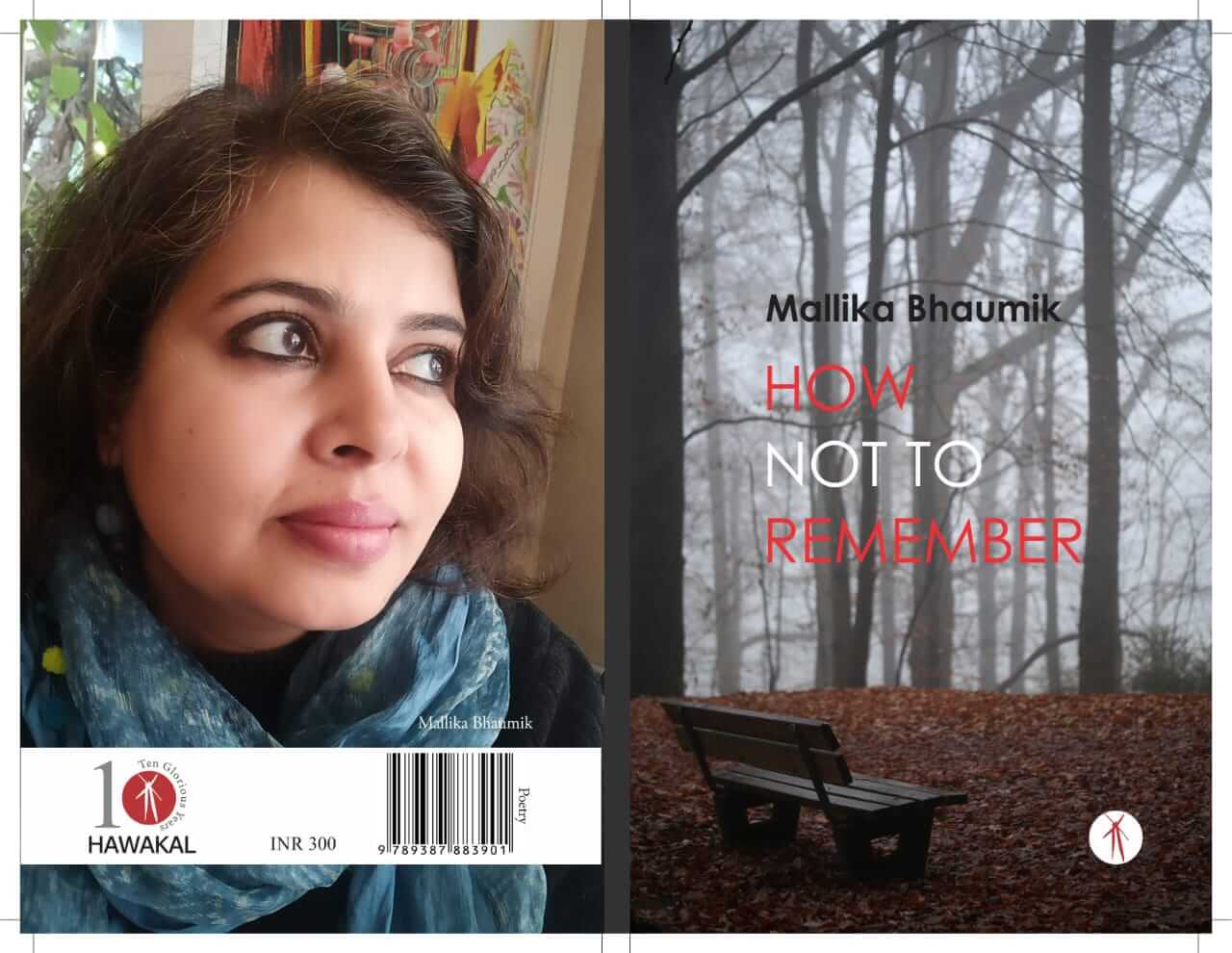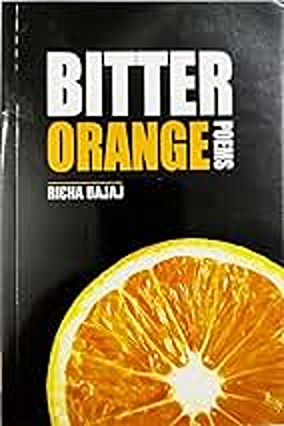Dr. Sutanuka reviews Mallika Bhaumik’s How Not to Remember, exclusively for Different Truths.

Title: How Not to Remember
Author: Mallika Bhaumik
Pages: 75
How Not to Remember is the second collection of poems by Mallika Bhaumik, an award-winning poet. She has a master’s degree in English literature from the University of Calcutta and has been widely published both in India and abroad.
The title of the book is intriguing. The poet has overruled impermanence from her poetic dictionary.
The title of the book is intriguing. The poet has overruled impermanence from her poetic dictionary. In the introductory note, Amit Shankar Saha, a contemporary voice in Indian English poetry writes, “Once remembrance is transformed into art it need not be recalled as it does not remain transient. Once lost time is gained it attains permanence.” The title poem speaks volumes about forgetting and remembrance. She writes, “Let the afternoon melt and spread all over, / So much so that it ceases to be. / Let the date swirl back to being nothing; /let the minutes and seconds run amok / and merge themselves into timelessness” (p 42). Time becomes timeless. Her poem becomes an exploration of the embedded memory. From ‘what we know’ to ‘how we remember it’, the rubrics of memory keeps changing.
Sequencing the poems in the right order holds the key to a first-rate slim volume. Mallika’s How Not to Remember perfectly fits the order. Each poem in this poetry collection has the correct metre and perfectly fits the catenation (in Chemistry, catenation is the bonding of atoms of the same element into a series, called a chain). When reading a book of poetry, the poems must flow like water. In the poems, there is an easy flow of remembrance and forgetting, which carries us along with them. Her poems make one believe that in life there are fissures that we create, by fissures, one means the aches of existence, they are different for different people, the poet has filled up these fissures by her poetry and its attendant virtues.
The modern culture of panic over declining powers of memory is reshaping how we see narratives of the past.
The modern culture of panic over declining powers of memory is reshaping how we see narratives of the past. The tension between our desire to hold on to events and experiences creates the magic! In “Remembrance”, she writes “Someday you too / may forget m e/In fact, we are all forgotten somewhere in time” (p. 47). It brings forth the poetic mediation of memory and experience set in the narratives of a particular time, space, and milieu. Her poetry endears beyond time.
The approach is to attain propositions that locate this poem as a record for memory. She creates her world where “words” conflates with “worlds”, (“Colours”, 38). In the poem “Forgetting”, she writes, “Finally he left, / after years of lonely wandering / and the gradual fading away of faces from the heart’s hem.”
The tension between our desire to hold on to events and experiences creates the forgetting.
The tension between our desire to hold on to events and experiences creates the forgetting. The human mind is prone to everyday degeneration. Thus, in “Epilogue”, she writes, “A name gathers the grey of the dusk, /an evening is the closure of a book, / a pain of parting; / the last line of an epilogue.” (73). The aesthetic semblance of remembrance is grasped through an aesthetic experience.
This poem and the poetry collection in its entirety define the relationship between the memory of the everyday experience, lived events and how the poet transforms them into poetry. Memory is stowed for future use and her poems act as a repository. Memory acts as a psychological activity as well as an exploration in terms of cultural practices. The emotional memory subjectivity is transferred from an autobiographical memory to a public memory as the poet exposes her inner emotions and shares them with her readers.
According to the noted poet Sharmila Ray, “What touches Mallika Bhaumik’s poetry is the personal touch to a variety of topics in a fractured and dissolving world. There is a blending of objectivity and subjectivity, an amalgamation of psychic time with history-personal and otherwise.”
Cover Photo sourced by the reviewer and visual by Different Truths






 By
By
 By
By
 By
By
 By
By